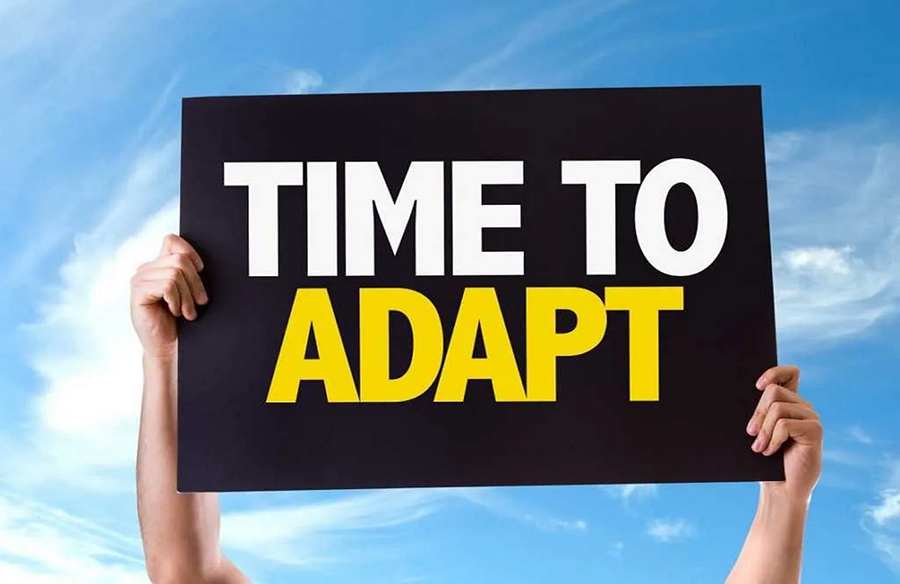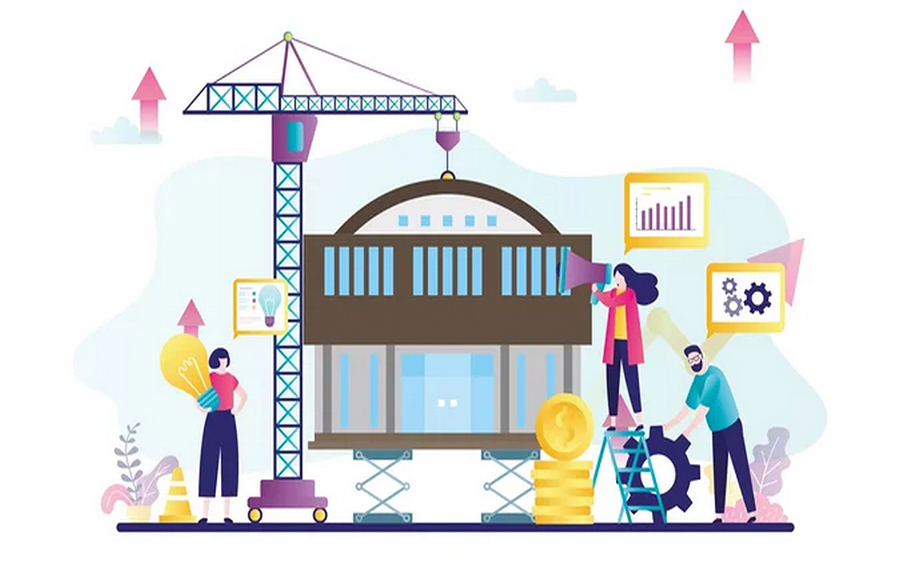In the face of “The Great Resignation” and the shifting landscape of employment, leaders must evolve their approach to foster growth and success within their organizations. Dr. Robyn Abou Chedid emphasizes that effective leadership is rooted in guidance and support rather than control and management. Here are five strategies to prepare leaders for navigating the challenges of a changing economy:
Embrace Mutual Success
Leaders must recognize that their team members’ personal aspirations contribute to their overall success. Encouraging transparency about individual goals and embracing employees’ entrepreneurial endeavors fosters a culture of mutual benefit. By aligning organizational objectives with personal aspirations, leaders empower their team members to thrive both professionally and personally.
Foster a Culture of Innovation
Create an environment where failure is viewed as a stepping stone to growth. Encourage risk-taking and experimentation by providing a safe space for employees to learn from mistakes. By embracing a “fail forward” mindset, leaders cultivate a culture of innovation and resilience within their teams.
Adopt a Coaching Approach
Shift from a directive management style to a coaching approach that promotes self-leadership and empowerment. Leaders should practice active listening, asking probing questions, and guiding employees to find their own solutions. By fostering curiosity and resourcefulness, leaders empower individuals to take ownership of their actions and decisions.
Embrace Continuous Learning
Leaders must be willing to unlearn outdated practices and embrace new perspectives in response to evolving market dynamics. Surrounding oneself with diverse viewpoints and challenging assumptions fosters innovation and adaptability. By prioritizing continuous learning and seeking out dissenting opinions, leaders position themselves and their organizations for long-term success.
Prioritize Self-Reflection and Alignment
Leadership begins with self-awareness and alignment with personal values and aspirations. By prioritizing self-care and introspection, leaders can create a supportive environment for their teams to thrive. By aligning personal goals with organizational objectives, leaders set the tone for a culture of purpose-driven growth and development.
In conclusion, effective leadership in a changing economy requires a shift towards empowerment, innovation, and self-awareness. By embracing mutual success, fostering innovation, adopting a coaching approach, embracing continuous learning, and prioritizing self-reflection and alignment, leaders can navigate the complexities of today’s business landscape with confidence and resilience. As we approach 2023, it’s clear that traditional leadership norms no longer suffice in the face of rapid economic change.










